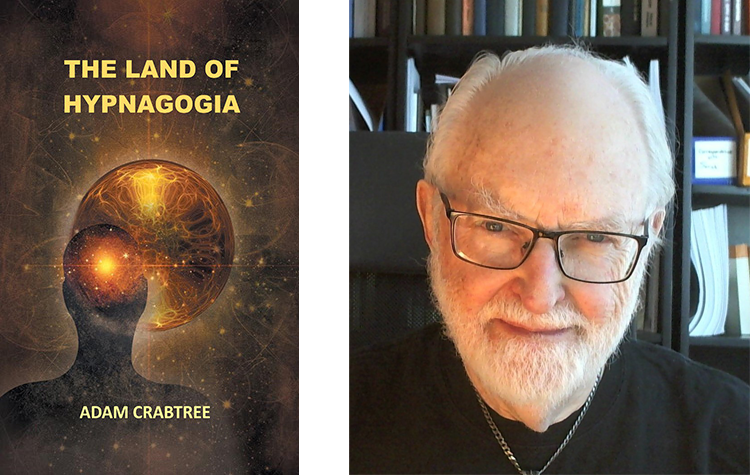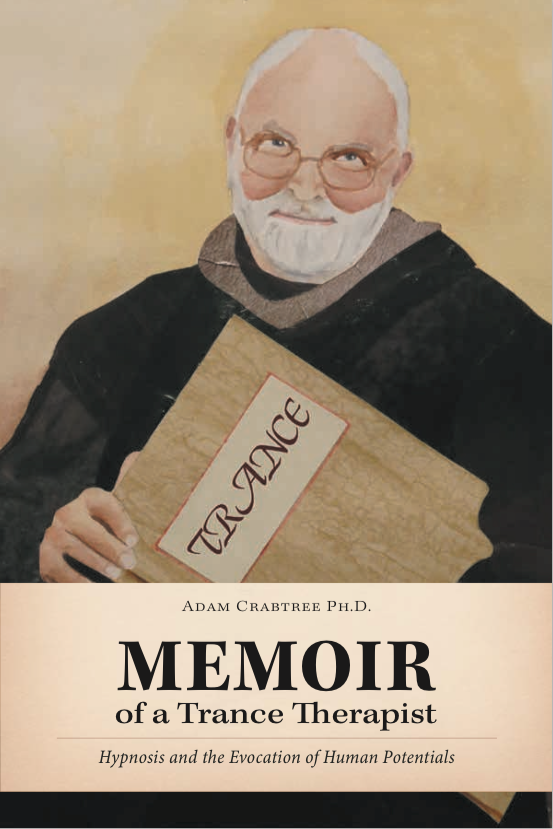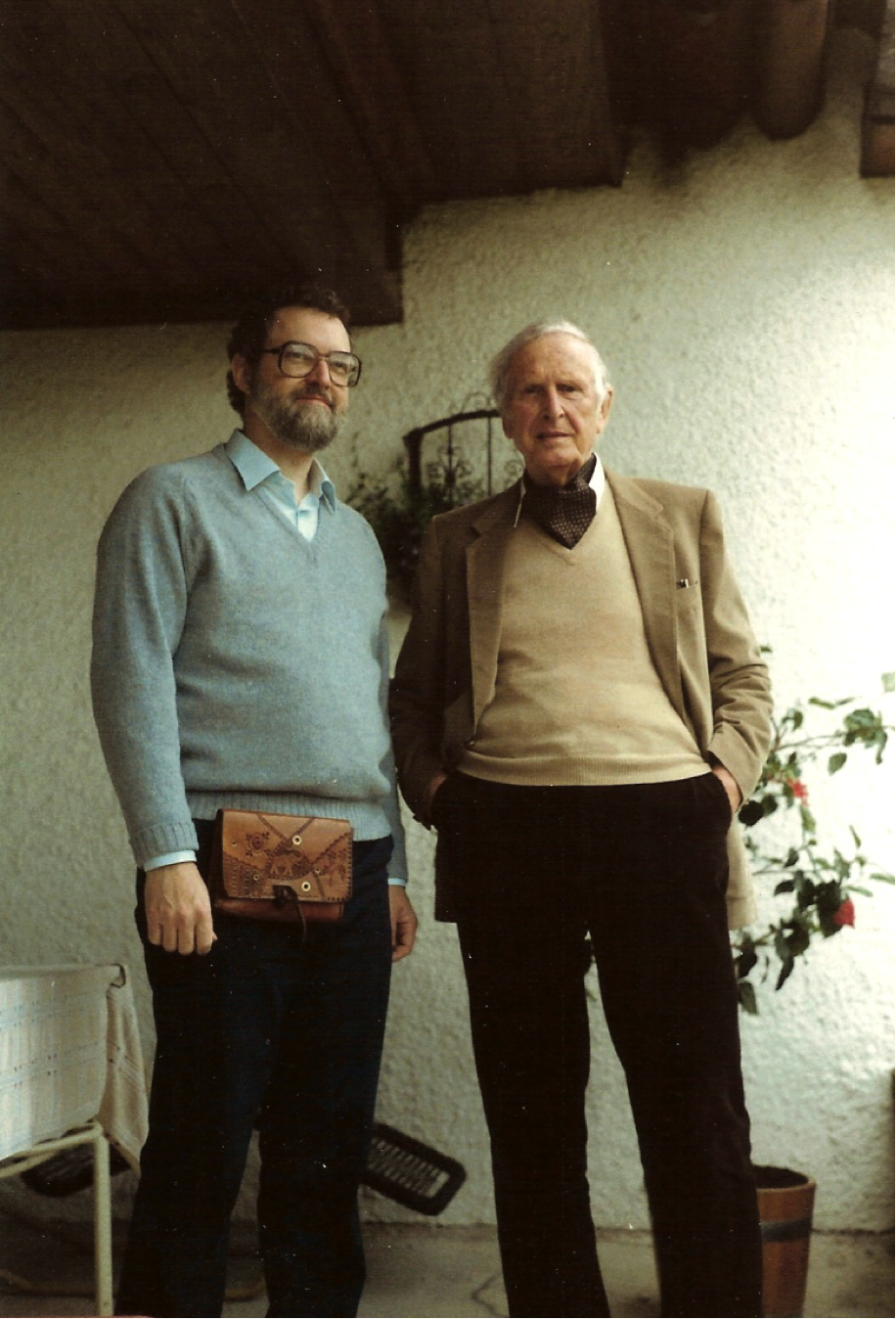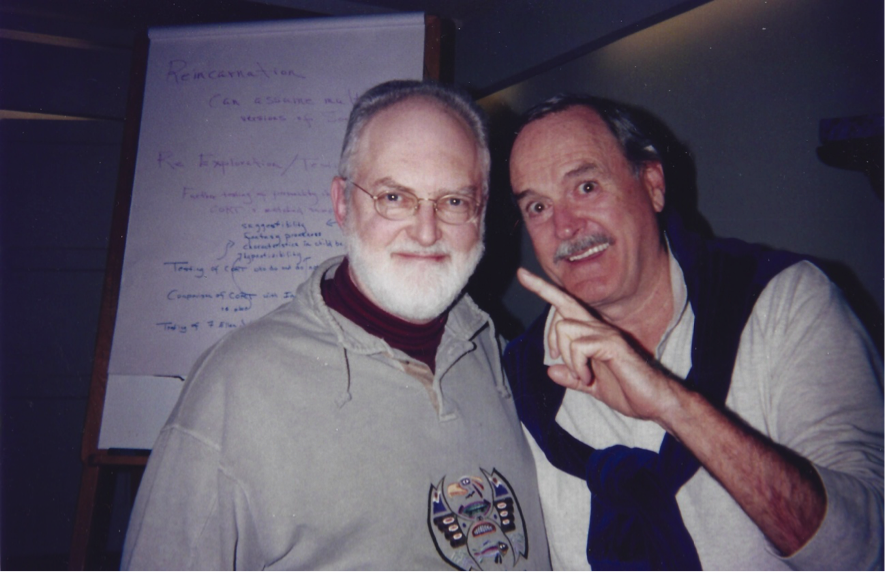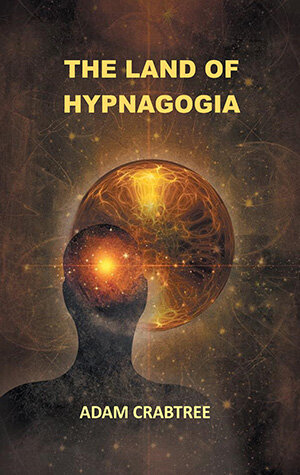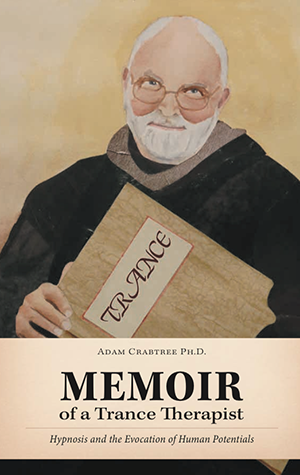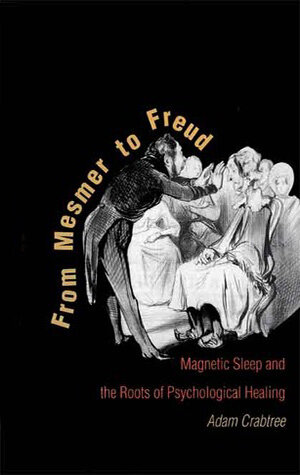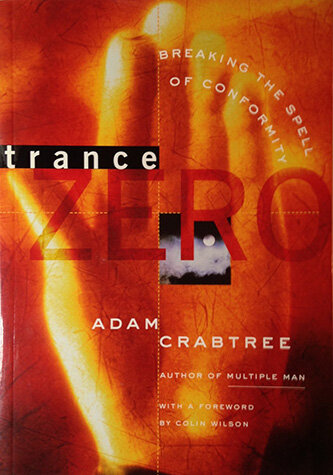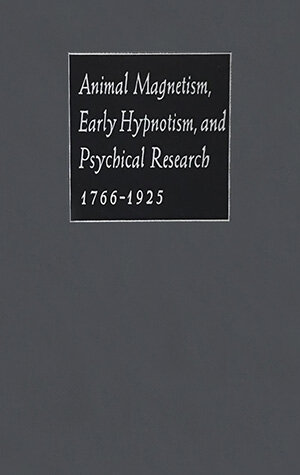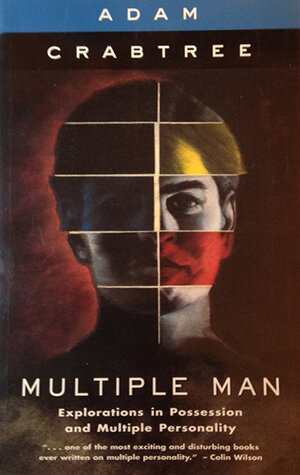Books
1. Multiple Man: Explorations in Possession and Multiple Personality
--Collins Publishers, Toronto, 1985
--Grafton Books, London, 1989
--Somerville House, Toronto, 1997
2. Animal Magnetism, Early Hypnotism, and Psychical Research, 1766-1925: An Annotated Bibliography
--Kraus International Publications, White Plains New York, 1988
3. From Mesmer to Freud: Magnetic Sleep and the Roots of Psychological Healing
--Yale University Press, New Haven, 1993.
4. Trance Zero: Breaking the Spell of Conformity
--Somerville House, Toronto, 1997.
--St. Martin’s Press, New York, 1997 [Trance Zero: The Psychology of Maximum Experience
5. Memoir of a Trance Therapist: Hypnosis and the Evocation of Human Potentials
--Friesen Press, Victoria, B.C., 2014
6. Evolutionary Love and the Ravages of Greed
--Friesen Press, Victoria, B.C., 2017
7. The Land of Hypnagogia
--Privately Published through Kindle Direct Publishing, Toronto, 2020
Chapters of Books
1. “Mesmerism, Divided Consciousness and Multiple Personality,” Franz Anton Mesmer und die Geschichte des Mesmerismus, Heinz Schott, ed. Franz Steiner Verlag, Stuttgart, 1985.
2. “Explanations of Dissociation in the First Half of the Twentieth Century,” Split Minds/Split Brains: Historical and Current Perspectives, ed. Jacques Quen. New York University Press, New York, 1986.
3. “Introduction to: Contemporary Approaches to Releasement,” Regression Therapy: A Handbook for Professionals, Vol. 2., by Winafred Lucas. Deep Forest Press, Crest Park, California, 1993.
4. “Automatism and Secondary Centers of Consciousness,” Irreducible Mind: Toward a Psychology for the 21st Century. By Edward Kelly, Emily Kelly, et al. Rowman and Littlefield, 2007.
5. “The Transition to Secular Psychotherapy: Hypnosis and the Alternate Consciousness Paradigm,” History of Psychiatry and Medical Psychology, eds. E. Wallace and J. Gach. Springer Science and Media, New York, 2008.
5. “Continuity of Mind: A Peircean Vision,” Beyond Physicalism: Toward Reconciliation of Science and Religion, eds. Edward Kelly, Adam Crabtree, and Paul Marshall. Rowman and Littlefield, 2015.
7. “Animal Magnetism and Mesmerism,” The Occult World, ed. Christopher Partridge. Routledge, Oxford, 2015.
8. “Mesmer and Animal Magnetism,” The Cambridge Handbook of Western Mysticism and Esotericism, ed. Glenn Magee. Cambridge University Press, New York, 2016.
9. “Parapsychology,” Encyclopedia of the History of Psychological Theories, Vol 1, ed. Robert Rieber. Springer Science and Business, New York, 2017
Journal Articles and Papers
“’Automatism’ and the Emergence of Dynamic Psychiatry,” Journal of the History of the Behavioral Sciences. 39, 1, 2003
“Hypnosis Reconsidered, Resituated, and Redefined,” Journal of Scientific Exploration. 26, 2, 2012
“1784: The Marquis de Puységur and the Psychological Turn in the West,” Journal of the History of the Behavioral Sciences. 55, 3, 2019.
Papers on various topics: https://www.esalen.org/ctr/resources
Papers on various topics: https://ctp.academia.edu/AdamCrabtree
LINKS TO ADAM CRABTREE’S BOOKS
Multiple Man: Explorations in Possession and Multiple Personality:
https://www.amazon.ca/Multiple-man-Explorations-possession-personality/dp/0002172259/ref=sr_1_1?dchild=1&keywords=crabtree+multiple+man&qid=1593958697&sr=8-1
Animal Magnetism, Early Hypnotism, and Psychical Research, 1766-1925: An Annotated Bibliography:
https://www.esalen.org/ctr-archive/animal_magnetism.html
From Mesmer to Freud: Magnetic Sleep and the Roots of Psychological Healing:
https://www.amazon.ca/Mesmer-Freud-Magnetic-Psychological-Healing/dp/0300055889/ref=sr_1_1?dchild=1&keywords=Crabtree+From+mesmer+to+freud&qid=1593958451&sr=8-1
Trance Zero: The Psychology of Maximum Experience:
https://www.amazon.ca/Trance-Zero-Psychology-Maximum-Experience/dp/0312244258/ref=sr_1_2?dchild=1&keywords=crabtree+trance+zero&qid=1593958539&sr=8-2
Memoir of a Trance Therapist: Hypnosis and the Evocation of Human Potentials:
https://www.amazon.ca/s?k=crabtree+memoir+of+a+trance+therapist&ref=nb_sb_noss
Evolutionary Love and the Ravages of Greed:
https://www.amazon.ca/Evolutionary-Ravages-Greed-Professor-Crabtree/dp/1525509675/ref=sr_1_1?dchild=1&keywords=crabtree+evolutionary+love&qid=1593958982&sr=8-1
The Land of Hypnagogia:
https://www.amazon.ca/s?k=crabtree+land+of+hypnagogia&ref=nb_sb_noss
LINKS TO PODCASTS
1. THINKING ALLOWED podcasts
--Mesmerism: https://www.youtube.com/watch?v=WF8jvntb838
--Evolution of Psychodynamic Theory: https://www.youtube.com/watch?v=UT5YFY-OrMo&t=841s
--Multiple Personalities: https://www.youtube.com/watch?v=AvuJTJ4r1T8&t=150s
--Group Mind: https://www.youtube.com/watch?v=sbAhJWsTaxI&t=30s
--Trance States: https://www.youtube.com/watch?v=OjcWE_qnLYw
--Charles Sanders Peirce: https://www.youtube.com/watch?v=dMFka-MvteU
--Alternate Consciousness Paradigm: https://www.youtube.com/watch?v=tnX5tGrszFg
--Objective Idealism: https://www.youtube.com/watch?v=5uM2baNSu0A
--Possession Experience: https://www.youtube.com/watch?v=cyY5HMasf1w
--Multiple Personalities and Possession: https://www.youtube.com/watch?v=kNFv2ohsluM
2. Other Podcasts
--This is not a Scottcast; https://www.youtube.com/watch?v=3dR6US1FOWk&t=17s
--Shrink Wrap Radio 1 https://www.youtube.com/watch?v=njtntUI1DJw
--Shrink Wrap Radio 2 https://www.youtube.com/watch?v=f2Oz1MSFWDs
